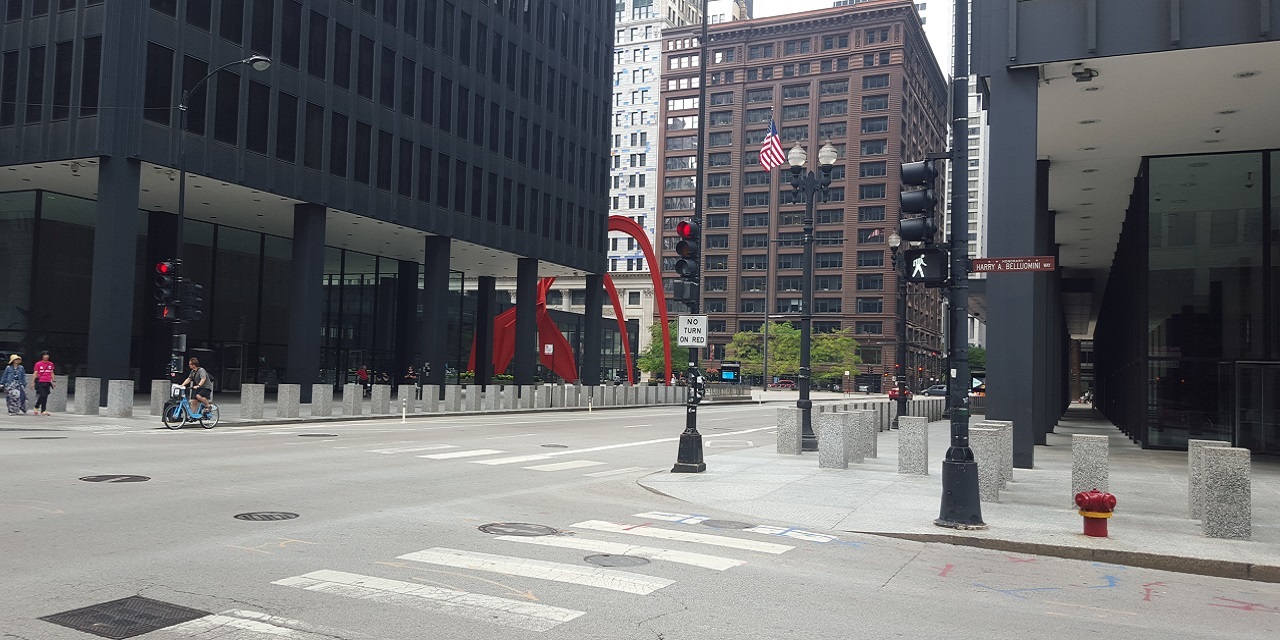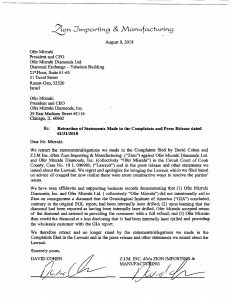Earlier this year, the U.S. Supreme Court ruled in Lamps Plus, Inc. v. Varela that an ambiguous arbitration agreement does not provide a sufficient basis to conclude that parties agreed to class arbitration. In a 5-4 vote, the Supreme Court reversed the Ninth Circuit’s decision that the arbitration agreement between Lamps Plus and one of its employees permitted pursuing class claims in arbitration despite the fact that the arbitration agreement did not expressly address the issue of class arbitration. This is a follow-up to an earlier post where we discussed the District Court’s ruling in this case.
By way of background, the case stemmed from a dispute regarding whether an employer properly protected the tax information of its nearly 1300 employees. After a fraudulent tax return was filed in the name of one of the employees, the employee filed suit against his employer, Lamps Plus. Lamps Plus responded by seeking to dismiss the lawsuit and compel arbitration, relying on the arbitration provision in the employee’s employment contract. Citing the Supreme Court’s 2010 decision in Stolt-Nielsen, S.A. v. Animal Feeds Int’l Corporation, which bars arbitrating claims on a class basis in the absence of a “contractual basis for concluding” that the parties agreed to class arbitration, Lamps Plus sought to compel the employee to arbitrate on an individual basis. The District Court ruled in favor of Lamps Plus on the request to dismiss the case and compel arbitration but rejected the employer’s request to require the employee to arbitrate his claims on an individual basis. Continue reading ›
 Chicago Business Litigation Lawyer Blog
Chicago Business Litigation Lawyer Blog










